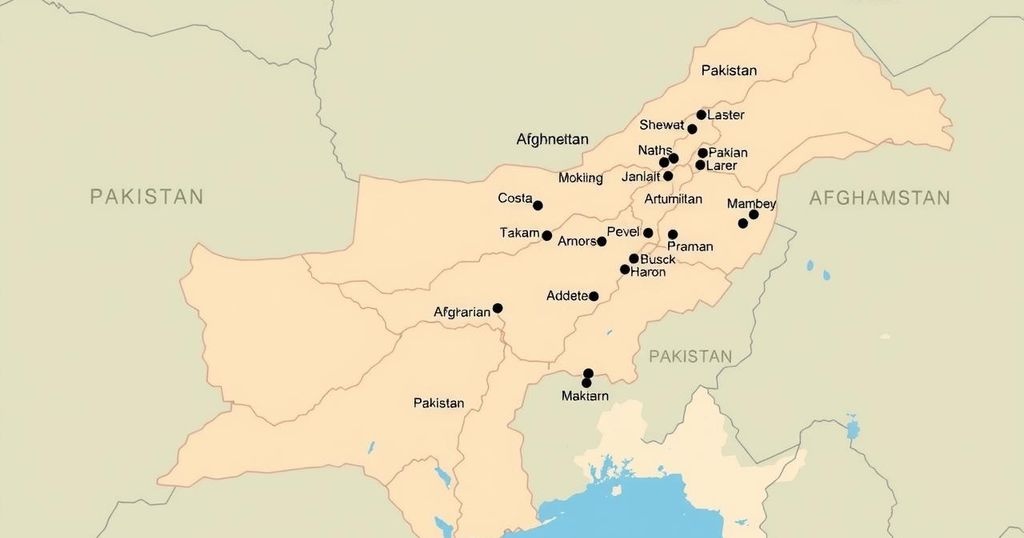The article analyzes the evolving US-Pakistan relations under President Trump, characterized by fluctuations between cooperation and distrust. Trump’s transactional approach, coupled with Pakistan’s increasing ties to China and the US withdrawal from Afghanistan, complicates Islamabad’s strategic relevance. India navigates a complex relationship with the US that oscillates between strengthened ties and uncertainties due to Trump’s personal diplomacy.
The complex dynamics of US-Pakistan relations under President Trump present significant challenges for Islamabad as it seeks to redefine its strategic purpose. The historical backdrop is characterized by alternating phases of trust and distrust, which Trump’s transactional foreign policy exacerbates. During his first term, tensions escalated significantly, particularly after the US suspended $1.3 billion in security aid to Pakistan in 2018 due to concerns regarding Pakistan’s perceived support for militant groups.
Despite initial discord, relations warmed somewhat with Trump’s engagements with the then-Pakistani Prime Minister Imran Khan, who mirrored Trump’s populist and strongman rhetoric. However, such camaraderie has not translated into firm support for Khan amidst his current political challenges. Trump’s geopolitical focus has shifted, drawing attention away from his previous alliances, leaving Khan and Pakistan vulnerable to neglect in US foreign policy priorities.
Simultaneously, Pakistan’s increasing alignment with China, particularly through the China-Pakistan Economic Corridor (CPEC), poses additional tensions with the US, which is wary of Beijing’s influence. Failure to accommodate US demands may result in decreased humanitarian aid and stricter IMF loan conditions, complicating Pakistan’s diplomatic landscape further. While Islamabad is expected to seek a conciliatory approach towards Washington, meaningful engagement beyond military contacts seems improbable.
The US withdrawal from Afghanistan in 2021 represents a significant pivot in strategic interests that limits Pakistan’s leverage over the US. Islamabad may attempt to highlight security threats from neighboring Afghanistan to regain US attention, leveraging their historical ties to militant groups as a bargaining chip. Yet, this strategy may falter as the US assesses the immediate threats posed by these factions as limited.
For India, these developments create both prospects and hurdles. Trump’s preferential treatment of strong leaders positions India as an ally in the Indo-Pacific; nevertheless, his inconsistency may lead to unpredictable fluctuations in US-India relations. The dual emphasis on US-Pakistan engagement complicates New Delhi’s navigation of US policies, which are likely to oscillate between cooperation and fluctuating engagements with Islamabad.
The writer, a research analyst at the Takshashila Institution, underscores the precarious position of Pakistan in the ever-evolving geopolitical landscape shaped by US-India dynamics and the transactional nature of American foreign policy under Trump.
In summary, the article presents a nuanced view of the evolving relationships between the United States, Pakistan, and India. The complexities of Trump’s foreign policy, characterized by its transactional nature and focus on strongman leaders, significantly impact US-Pakistan relations. Islamabad’s strategic orientation towards China and the implications of the US withdrawal from Afghanistan further complicate this dynamic, requiring a delicate navigation by both Islamabad and New Delhi as they respond to shifting alliances and priorities in the region.
Original Source: www.newslaundry.com






